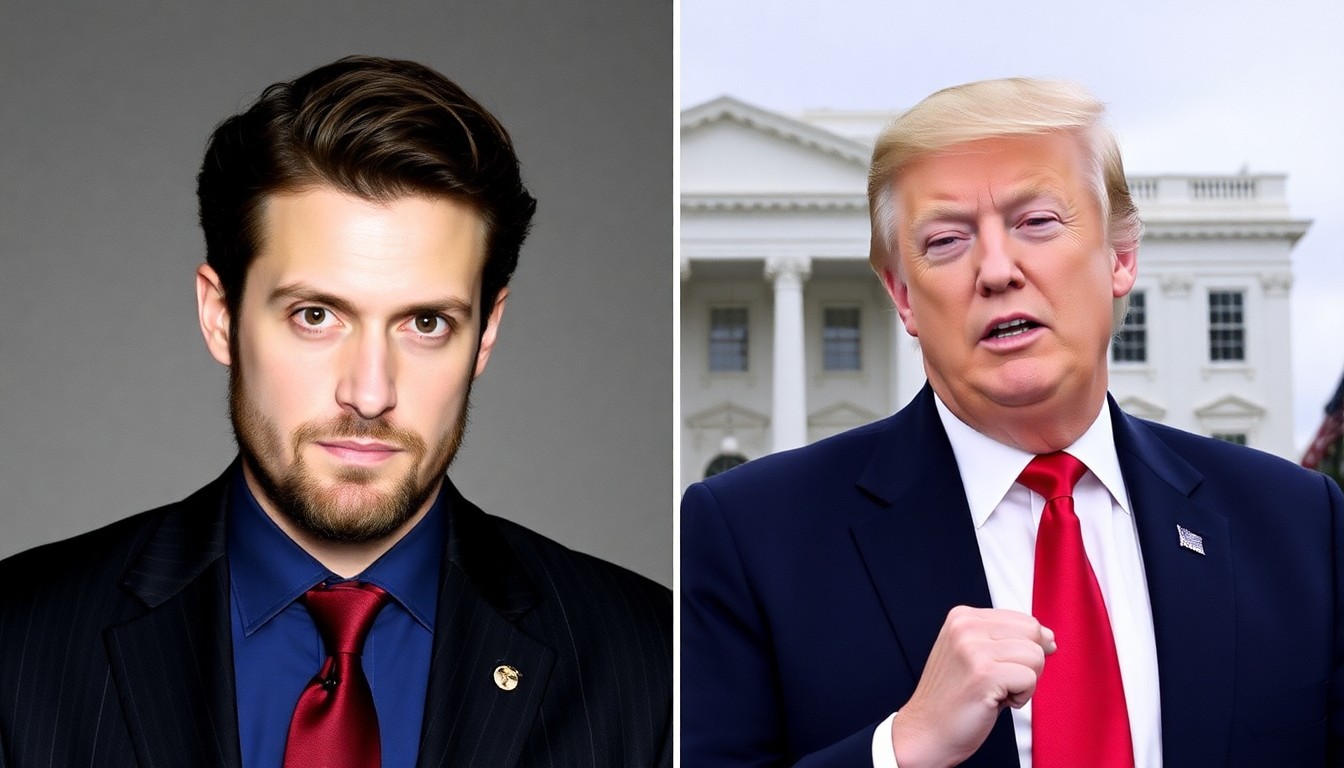
In an unexpected turn of events, former President Donald Trump has reportedly expressed interest in potentially granting clemency to Ross Ulbricht, the infamous operator of the now-defunct Silk Road online marketplace. This development has sent waves through both political and public domains as people grapple with the implications of such a potential decision.
Ross Ulbricht is a name that has long been associated with the dark web and online drug trafficking. He gained notoriety as the mastermind behind Silk Road, a pioneering online black market that facilitated the anonymous buying and selling of illegal goods, including drugs, using cryptocurrencies like Bitcoin. Launched in 2011, Silk Road quickly captured the imaginations of libertarians who advocated for unregulated trade and privacy, while simultaneously catching the eye of law enforcement agencies around the world.
Ulbricht, operating under the pseudonym "Dread Pirate Roberts," maintained a secure and efficient platform through which users could conduct illicit transactions. Despite precautions, he was apprehended by the Federal Bureau of Investigation in 2013 at a San Francisco library, which marked the beginning of a highly publicized legal battle. In 2015, he was sentenced to life imprisonment without the possibility of parole on counts of money laundering, computer hacking, and conspiracy to traffic narcotics, among others.
The case against Ulbricht drew significant media attention, with supporters and critics alike debating the severity of his sentence. Critics of the sentence argue that life in prison was too harsh for a non-violent offender who merely provided a platform for illegal activities, but was not directly involved in any physical harm. On the other hand, proponents emphasize the potentially damaging societal impact of Silk Road and argue that the sentence serves as a crucial deterrent for future cybercriminals.
In light of Donald Trump's interest in this contentious case, the Free Ross movement has seen a resurgence in public attention. Advocates for Ulbricht have long campaigned for his release, citing issues such as alleged corruption during his trial, as well as broader discussions about judicial reform. The movement paints Ulbricht as a digital pioneer who has paid more than his due for his role in reshaping online commerce.
Many analysts are speculating about the motivations behind Trump's consideration of clemency. Historically, presidential pardons have sometimes been used strategically to exert influence or rally support among specific voter bases. Some commentators suggest that Trump might be aiming to appeal to libertarian-leaning segments of the population who are disenchanted with the overreach of governmental power.
While it remains to be seen whether this proposed clemency will materialize, the discourse surrounding Ross Ulbricht continues to ignite discussions on topics such as digital liberty, privacy, and the ethics of technology. As the situation evolves, it is clear that the implications of Trump's interest in Ulbricht's case extend beyond a single individual's fate and challenge the broader legal systems that govern online platforms.
The story of Ross Ulbricht and Silk Road remains one of the most enduring narratives of the internet era. Whether viewed as a cautionary tale or as an emblem of resistance against authoritative oversight, it is a narrative that continues to develop, influencing both legal precedents and cultural discussions.
As this situation progresses, stakeholders from all political and social spectrums will be closely monitoring outcomes that could set portrayals of justice and liberty in this digital age.
#FreeRoss #RossUlbricht #SilkRoad #TrumpPardon #DarkWeb #DigitalLiberty #Privacy #Bitcoin #JudicialReform #CyberSecurity
Author: Emily Collins




